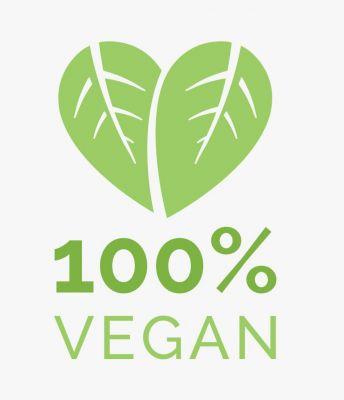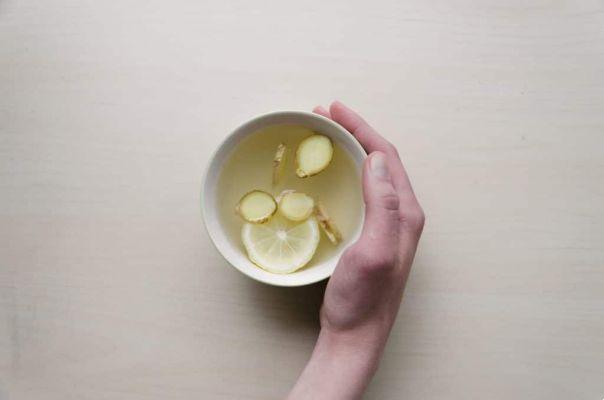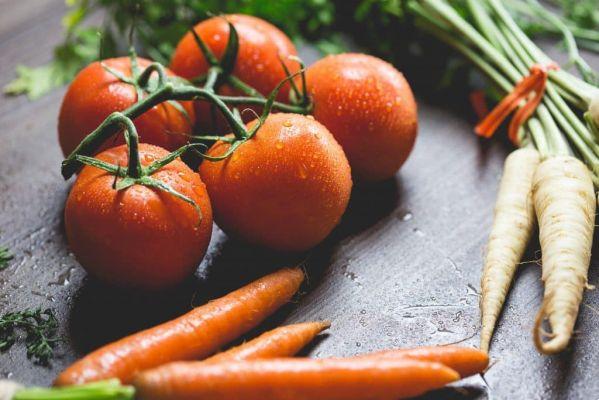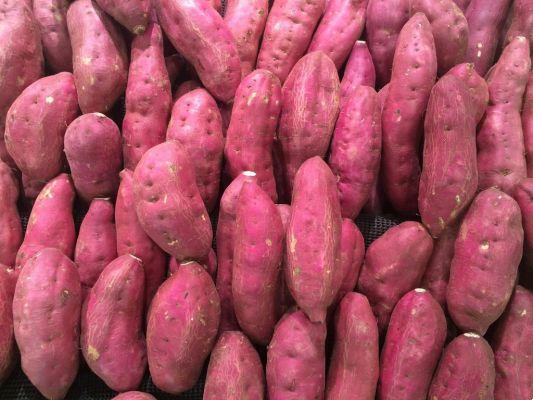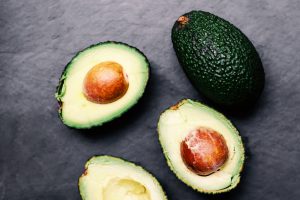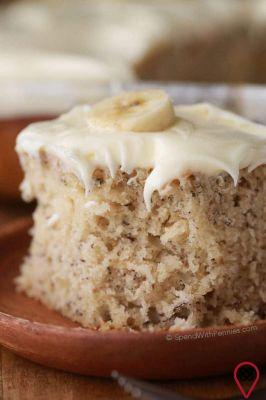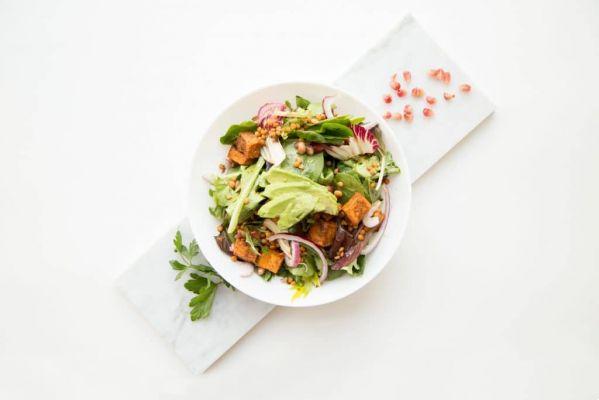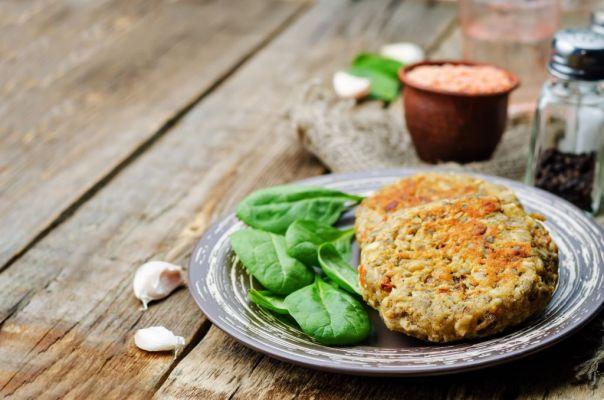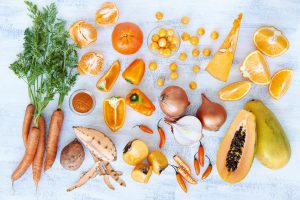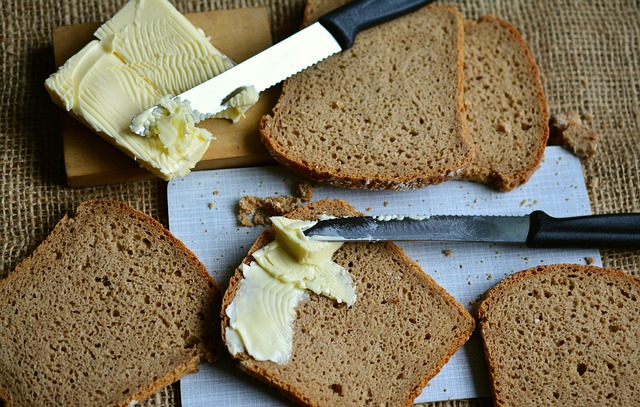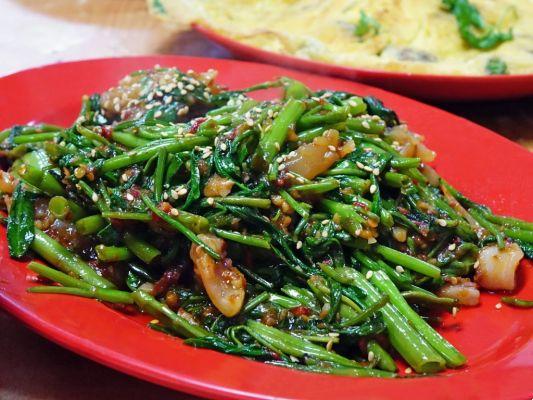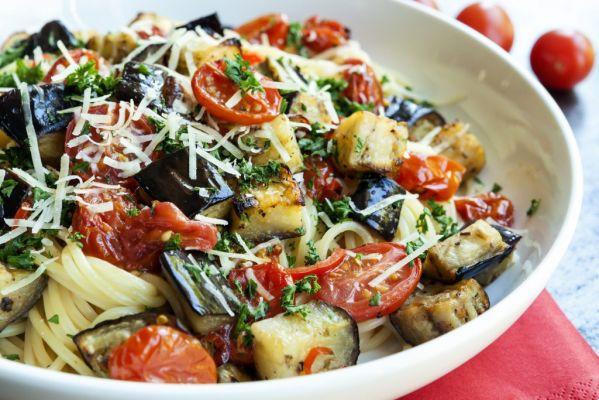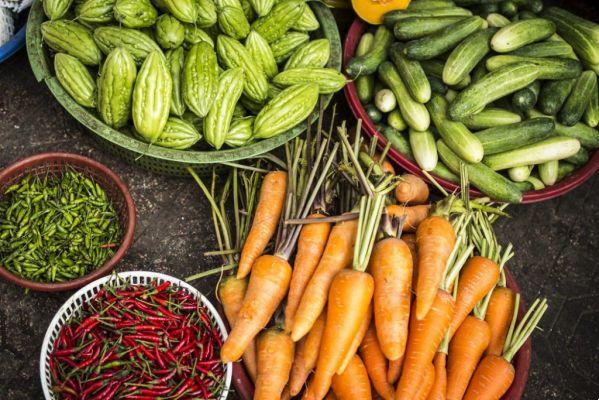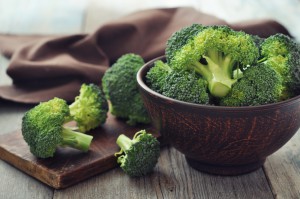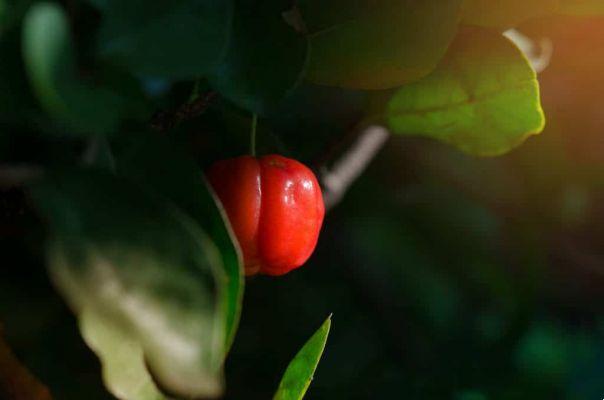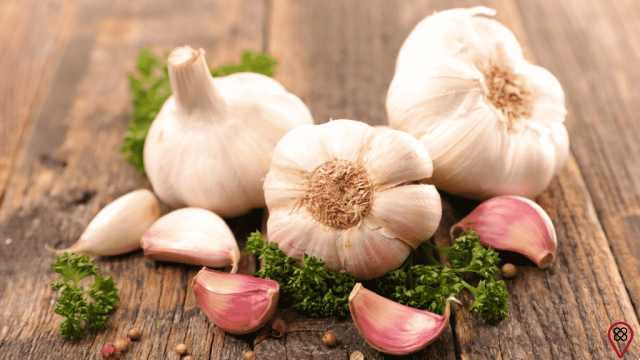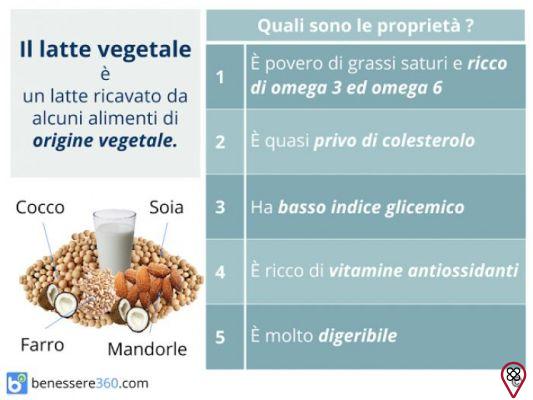
Birdseed
- Help to lower cholesterol levels;
- Reduction of hypertension;
- Helps control diabetes by helping to regulate blood sugar levels;
- Improvement of gastritis or stomach ulcers;
- Fights inflammation of the kidneys and liver;
- pancreas regeneration;
- It has anti-inflammatory properties;
- It is endowed with antioxidant action, fighting the action of free radicals that cause diseases such as cancer and that promote aging;
- It helps in the treatment of cirrhosis because it increases the hepatocyte count in the liver. Also called liver cells, hepatocytes are the main cells of the liver and act in the synthesis of blood proteins, in the accumulation of vitamins and in the secretion of bile, for example;
- It helps in the treatment of hyperuricemia, a disease characterized by the elevation of uric acid levels in the blood;
- Contributes to the treatment of gout;
- It is good for people who suffer from urinary tract infections or kidney stones;
- It does not contain gluten or lactose, that is, it can be consumed by people who are intolerant to these components.
Ingredients
- 5 (five) tablespoons of birdseed
- 1 (one) glass of water
Preparation
1- Place the birdseed in the glass of water and let it rest for about 8 hours, preferably at night.
2- After resting, throw the used water away (keeping the birdseed).
3 – Place the birdseed in a blender and add a new glass of water (250ml) and blend for about 1 minute.
After mixing the birdseed with water in the blender for a minute, the birdseed milk is ready to drink and should be consumed immediately. It is recommended to drink two glasses a day, this way you can either leave two quantities of birdseed ready to be shaken or leave a new quantity of soaking (for 8 hours) after drinking the first glass, then you can drink the second before going to bed.
Contraindications of canary seed milk
Birdseed milk is contraindicated for people who are predisposed to intestinal inflammation and also irritable bowel syndrome. This means that if you are part of any of these scenarios, eating birdseed milk is not recommended without first consulting a doctor. The same goes if you notice any of these symptoms after ingesting birdseed milk.
Almonds
Excellent source of vitamins B1, B2 and E; rich in proteins, Omega-3 fatty acids and mineral salts; helps reduce blood cholesterol levels; recommended for those who suffer from constipation; its low amount of fat helps in weight loss; Flavonoids and Vitamin E help prevent cancer and slow down the signs of aging. Gluten-free.
Almond milk, in addition to being consumed pure, is ideal for use in recipes, as its flavor is one of the most neutral among vegetable milks.
Way of doing
Leave the almonds to soak for at least 12 hours, hit the blender using 4 cups of water for each cup of almonds. If desired, add vanilla essence. If you prefer, you can strain with a cloth or even a clean napkin. The waste can be used in various recipes as a brownie.
Peanut
Rich in antioxidants, it protects the body from the action of free radicals (ageing agents); accelerates metabolism and promotes the feeling of satiety; contains essential nutrients for the reduction of bad cholesterol (LDL), protecting the heart and keeping the arteries healthy. Gluten-free.
Peanut milk tastes similar to almond milk, with the advantage of being more economical. There are several ways to obtain this milk, depending on the taste of who will prepare it. It can be just soaked, blended and strained, or it can be cooked. Another option is also to toast the peanuts before soaking them. The milk residue is ideal for the preparation of sweet delicacies such as cakes, cookies and cookies.
Wholegrain or white rice
It regulates the intestinal flora and is a powerful detoxifier for the body. Its proteins, vitamin B1 and Niacin, transform proteins and carbohydrates into energy for the body; healthier for the heart than cow's milk. Gluten-free.
Rice milk is one of the finest-textured plant-based milks. You don't need to soak the rice, but it does need to be cooked. For the preparation, use 1 liter of water for each cup of rice, which can be white or brown. Cook for 15 minutes, hit the blender and strain. The residue can be used in savory dishes such as soups, broths and pies.
Oatmeal
Rich in fiber, it reduces cholesterol and triglycerides in the blood; it has a high content of beta-glucan (soluble fiber), which improves the intestinal flora; increases satiety; improves digestive functioning and intestinal peristalsis; it is important for diabetics because it has soluble fibers that act in glycemic control; protects the heart and circulation against atherosclerosis; It is also an excellent source of calcium, iron, magnesium and B vitamins.
HEADS UP: It may contain gluten due to cross-contamination in the planting and/or industrialization of oats. The biggest advantage of this milk is the preparation time. Unlike other plant-based milks, oatmeal does not need to be soaked, the milk is not boiled and the preparation is completed in a few minutes.
How do
For every 2 cups of powdered or flaked oatmeal, use 4 cups of water. Blend in a blender and strain. Milk lasts approximately 3 days in the refrigerator.
Chestnut of Pará
Excellent source of selenium, a powerful antioxidant that eliminates impurities from the body; high content of vitamin E and B1, important for energy supply and protein metabolism. Gluten-free.
Brazil nut milk is a great substitute for cow's milk in savory dishes. It can be used in white sauce and can replace sour cream. To do this, use 500ml of water for every 8 chestnuts, beat the chestnuts in a blender, add water and strain.
Cashew nut
Provides proteins and strengthens blood circulation, protecting the vessels; rich in monounsaturated and polyunsaturated fats, it acts in the reduction of bad cholesterol (LDL) and increases the good (HDL); the presence of magnesium, zinc and phosphorus helps to strengthen bones, muscles and the immune system. Gluten-free.
To make this milk, use 1 liter of water for every 100g of cashew nuts. Soak for at least 8 hours, beat the chestnuts in a blender with 300ml of water for 1 minute, add the remaining 700ml of water and blend well. Strain through a very fine cloth so that no residue passes through. If desired, add vanilla essence.
Coco
Very rich in lauric acid and monolauril, two thermogenic fats that are quickly digested, which promote calorie burning and weight loss; it also plays a role in thyroid functioning and strengthens the immune system with its antibacterial, antifungal and antiviral properties; it is believed to fight the herpes virus, as well as keeping the H. Pylori and Candida albicans bacteria, which live in our intestines, in a healthy balance. Gluten-free.
Ingredients
- 1 dried coconut pulp, cut into pieces
- 700 ml of warm water
How do
When removing the coconut pulp, break it into pieces and put it in a blender with 700 ml of warm water. Then beat for approximately 3 minutes. After beating, strain the mixture from the blender into a pitcher, reserving the milk. You can use a fine sieve or a cotton cloth. Your delicious coconut milk is ready!
Sesame
Source of protein and calcium; rich in folic acid that acts in the formation of blood cells; excellent for the functioning of the muscles and the brain. Gluten-free. It is a great food to lower bad cholesterol and, in addition, its milk has more calcium than cow's milk.
To prepare sesame milk you can use black or beige sesame. Let it soak for 8 to 12 hours, hit the blender with 3 or 4 cups of water and strain. With the residue of the milk it is possible to make a sesame ricotta.
Yam
Excellent nutritional source of depurative function; cleans the blood and purifies the body, enhancing the immune capacity. Gluten-free.
How do
Cook 1 yam in plenty of water and with the pan uncovered, so the anti-nutrients are lost in steaming and cooking. Drain and discard the cooking water. Blend the cooked yam with 2 cups of water in a blender.
It doesn't need to be strained and it lasts for 2 days in the fridge.
Linseed
Strengthens immunity; it is anti-inflammatory; promotes good intestinal functioning and helps to reduce blood fat levels (triglycerides and cholesterol). Gluten-free. Flaxseed has an astringent function, that is, it is a great ally in fat loss. The use of this seed is also associated with the treatment of skin problems such as dryness, psoriasis, acne and allergies.
To make flaxseed milk, soak the seeds in water for 8 hours. Then, blend the flaxseed with water well in the blender, using 1 glass of water for every 2 tablespoons of flaxseed. Finish by straining. You can replace the water with coconut water or a tea of your choice when making flaxseed milk.
Nuts
It acts in the protection of the respiratory system; tones the nervous system; its fat is easily metabolized by the body. Gluten-free. The medicinal properties of walnuts are many. Among them are a reduction in the risk of diabetes and an increase in serotonin levels, responsible for good mood.
To make the walnut milk, just beat 2 glasses of water for each glass of walnuts and strain until you get the desired texture.
macadamia nut
Macadamia nuts are rich in monounsaturated fats, also known as good fats, as they offer health benefits, such as helping to maintain blood cholesterol. Macadamia milk is naturally lactose free and can also be consumed by people with food allergies. It is also suitable for the preparation of recipes, such as pies and cakes.
Ingredients
- 1 cup macadamia nuts
- 4 cups of filtered water (tea)
Preparation
In a bowl, soak the macadamias covered in water for 8 hours. Drain and rinse. Then, blend the macadamia nuts in a blender with the filtered water. Strain through a fine sieve, voile or even a clean napkin.
Pumpkin seed
Excellent source of iron, phosphorus and calcium, it fights anemia helping in the formation of red blood cells, oxygenation of organs and in the formation of muscles, bones and brain. It helps in the functioning of the intestine, fights worms and acts in the colonization of beneficial bacteria. Fresh seeds are indicated for nausea and sickness in pregnant women. Gluten-free.
Pumpkin seeds are often discarded so only the pulp of the pumpkin is consumed. It is possible to make a super nutritious plant milk with this seed, which usually goes to the trash.
To make this milk, just soak the seeds for 12 hours. For each cup of seeds use 4 cups of water, blend in a blender and strain.
Sunflower seed
Powerful antioxidant, fights free radicals (ageing agents); source of protein, phosphorus, copper, iron, zinc and vitamins B6, K and E. Does not contain gluten.
Ingredients
- 1 cup (110g) sunflower seeds
- 5 cups (tea) of filtered water (more or less, if you prefer, 1.200 ml)
- A bit of salt
- Sugar to taste (Optional)
- Vanilla extract (Optional)
Preparation
Place the sunflower seeds in a sieve and wash well. Place them in a bowl, cover with water and soak for 8 hours. Drain, wash and place in a blender along with the filtered water. Blend for about 1 minute or until the seeds are finely ground. If you want, it's optional, add a pinch of salt and sugar to taste. Strain through a fine sieve or a clean cloth. Is ready!
Soybean
Helps reduce blood cholesterol and triglyceride levels; it acts in the reduction of platelets reducing the possibility of clogging of the arteries; helps prevent and treat osteoporosis; presence of isoflavones inhibits the bone demineralization process; regulates and stimulates intestinal peristalsis, provides cell regeneration. Some people have soy intolerance – but those who don't, easily digest soy milk. It has phosphorus, magnesium, iron, calcium, copper, several essential amino acids and twelve times more protein than cow's milk. Gluten-free. Unfortunately, most of the soy available on the market today is GMO. Stay tuned! Among plant milks, soy milk is the best known.
You might also like:
- Lactose-free milk: discover the options of plant-based milks
- Teas that can cure stomach pain
- Find out if being vegan is really more expensive than not being vegan
- Here's Why Vegans Don't Eat Eggs
- Try Vegan Breakfast Suggestions
To make it, just let the soybeans soak for 12 hours, hit the blender with 3 cups of water for each cup of soybeans, strain and cook the liquid until the foam disappears. With the residue of milk, called okara, it is possible to make cakes, cookies and even add to green juice.
Quinoa Salad
Rich in fibers and proteins, it is one of the richest foods in amino acids and vitamins, mainly from the B complex. It has a high content of calcium, iron, zinc and Omega 3 and 6 fatty acids. It helps in muscle and bone strengthening, prevention of cardiovascular diseases and cholesterol reduction, helps in the proper functioning of the nervous system and promotes the feeling of satiety; positively affects the immune system and healing processes. Gluten-free.
Quinoa milk is quick and easy to prepare. Use 2 cups of water for 4 tablespoons of quinoa. Put everything in the blender and let it soak for 15 minutes. Then beat for 1 minute and you're done. No need to strain.
* The foods mentioned above are not recommended for those who are allergic to them.



